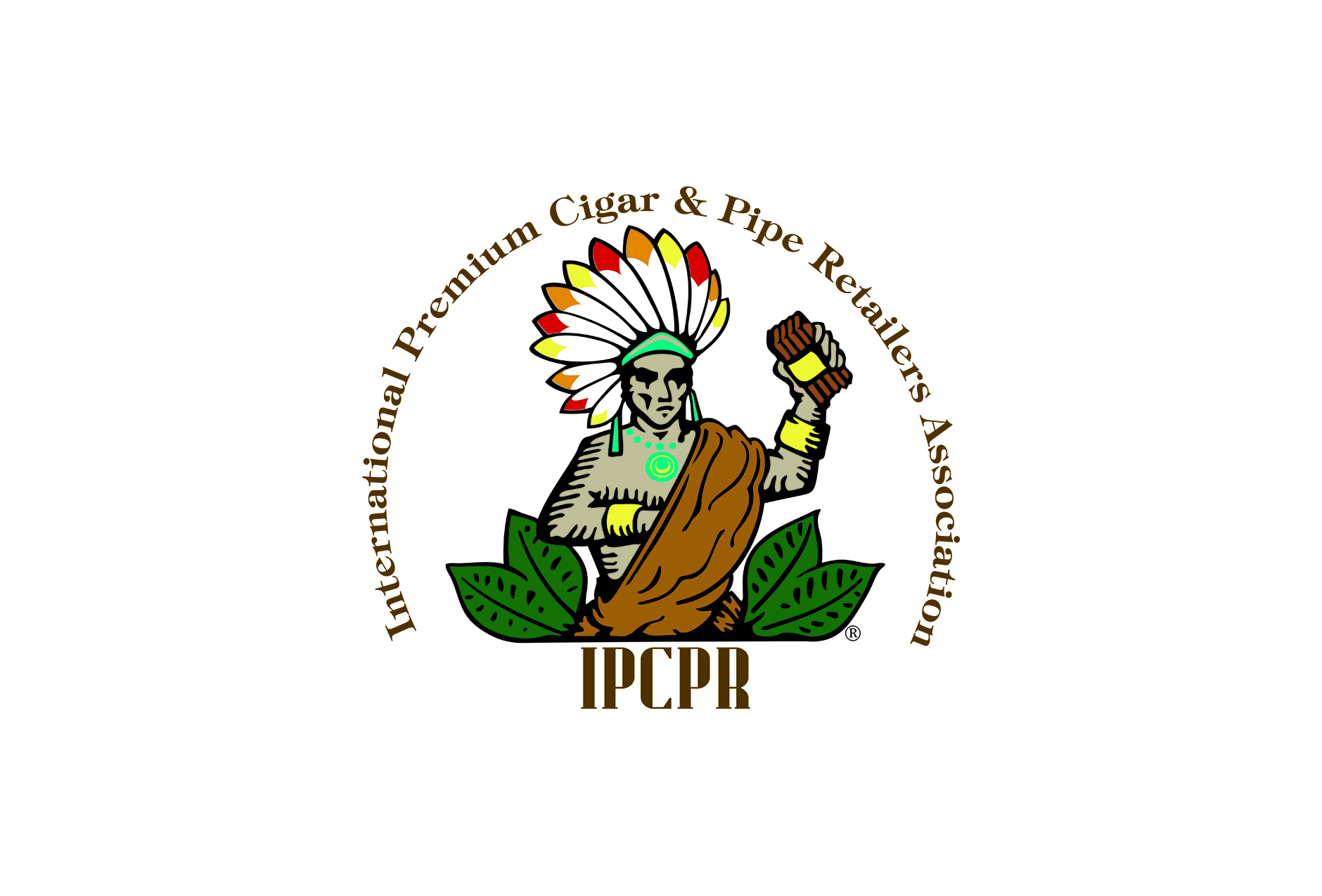The date when smokers find out whether or not the U.S. Food & Drug Administration (FDA) will regulate the cigar industry is getting closer and what is likely the most important part of the process is underway.
Last week, the proposed deeming regulations from FDA were submitted to the White House Office of Management and Budget (OMB) for review. It’s expected to be one of the last steps before FDA’s finalized plans become public and as such law. Because FDA is an executive agency and does not need Congressional approval to create or modify laws for issues deemed under its scope, it goes through an approval process by OMB. The White House agency is responsible for reviewing executive agencies and the public and private economic impact of any new rules or programs.
Formally, OMB has a 90-day period to review the FDA’s finalized rule, although there’s no penalty for OMB to take longer and the agency oftentimes does.
It will be reviewing proposed deeming regulations, FDA’s first attempt at regulating e-cigarettes, tobacco vapor products, pipes, hookah and potentially cigars. OMB holds the power to modify the proposed rules by FDA and it can make those changes with relative ease compared to other alternatives like Congressional action or legal routes.
In 2014, FDA announced that it would be finally moving forward with regulation of those tobacco product categories and it unveiled its proposed deeming regulations. The laws outlined how the agency planned on regulating those tobacco products, but it left many details up for public comment, the largest of which was a possible exemption of regulation for premium cigars.
Under Option 1, cigars would be subject to all new rules. This would mean that any new cigars would have to be submitted to FDA for approval before they entered the market, a process that would be cost prohibitive for most releases and one that could take years for approval. Any cigar that was introduced between Feb. 16, 2007 and the date the new rules went into effect would be able to stay on the market for roughly two years, but would eventually be required to go through the same process.
In addition, health warnings would be placed on all boxes and free samples would become illegal.
Under Option 2, premium cigars would be exempt from those rules. The proposed deeming regulations outlined what FDA believed was a “premium cigar,” which included a price of $10 or more, no added flavorings amongst other requirements. Cigars that don’t meet the “premium” definition would be subject to Option 1-like regulation, while those that did would be completely free of FDA regulation.
Regardless of which option FDA chooses, cigars that were being marketed prior to Feb. 15, 2007 will be able to remain on the market through a grandfather clause. If FDA selects Option 1, those products will be required to place new health warnings on boxes, the ban on free samples and an ingredient disclosure.
“As expected, FDA’s proposed rule on premium cigars and pipe tobacco has moved to the next phase and is currently being evaluated for economic impact at the White House Office of Management and Budget,” said Kip Talley, senior director of legislative affairs for the International Premium Cigar and Pipe Retailers Association (IPCPR). “IPCPR continues to engage the agency at all levels and will continue urging our allies on Capitol Hill to remain engaged to ensure our categories are protected from over-regulation.”
This is not the first time OMB has seen the deeming regulations. FDA had to submit its proposed rules to OMB in 2013 before they were available for public comment. After more than six months of review, OMB submitted its version of the document back with numerous changes.
Most notable amongst the changes were that Option 2 was modified from a proposed partial exemption to a complete exemption.
For cigar smokers, OMB’s closed door review process is likely their greatest hope at a healthy cigar industry. The agency has been responsive to arguments made by the industry and holds substantial power in the FDA process.
The FDA’s own research estimated not exempting cigars will cost the agency between $115.6-300 million over the next 20 years and could remove half of the existing cigars on the market today.
For more information about the proposed regulation of premium cigars, visit halfwheel.com/fda.


